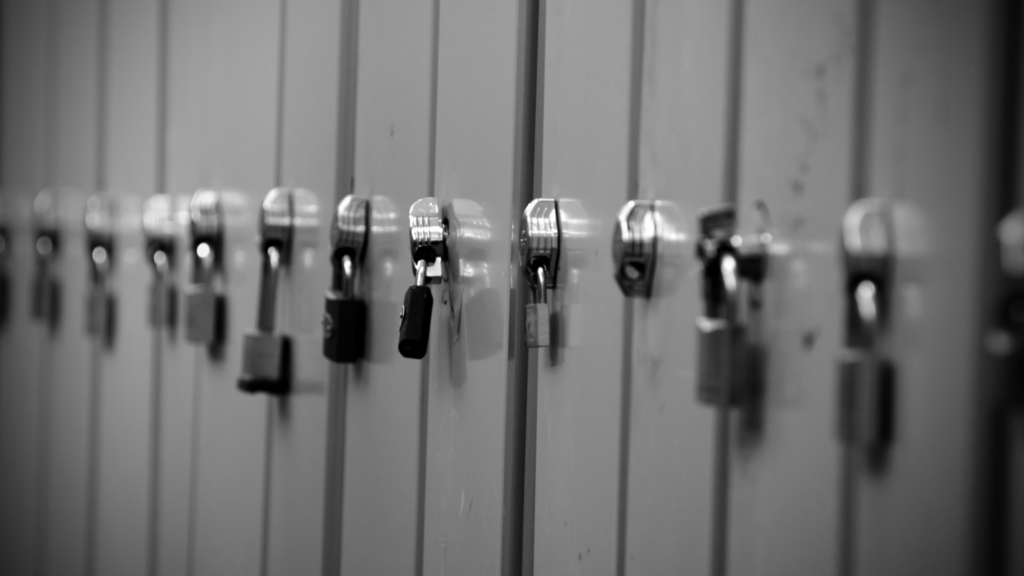In today’s digital world, almost everything of importance is stored virtually, in the cloud. A physical safe deposit box might seem like a throwback, but still has some good uses, says a recent article from Kiplinger, “Things You’ll Regret Keeping in a Safe Deposit Box.”
Some things belonging in a safe deposit box include prized possessions, like a valued baseball card collection or jewelry inherited from a loved one. Some important documents—but not all—should be kept in a safe deposit box.
There are many items you may regret putting in a safe deposit box, particularly if you need to access them in an emergency, when the bank isn’t open. The bank may also not be open during emergencies, including natural disasters. The COVID lockdown reduced many bank branch hours, or banks required appointments to access safe deposit boxes.
Here are some things that don’t belong in your safe deposit box:
Cash. If you need cash in an emergency and the bank is closed, you’ll have to wait. Idle money also loses buying power over time when inflation is high. A better place for the money if you don’t need it: an interest-bearing account or a certificate of deposit. Many banks also forbid storing cash in a safe deposit box. The cash has no protection from the Federal Deposit Insurance Corporation (FDIC), which insures up to $250,000 per deposit per bank. However, it is only if your money is in a checking account, savings account, or certificate of deposit.
Passport. Unless you travel internationally frequently, you probably don’t use your passport often. However, what if you score a great deal on a trip with a Monday departure—and the bank is closed until Monday morning? Or a college student on a semester abroad has an emergency and you need to jump on a plane? It’s best to have a passport at home in a secure, waterproof and fireproof safe.
Your will and other estate planning documents. Keeping copies of your will, your spouse’s will and any will in which you’re named the executor in a safe deposit box makes good sense. However, your original will does not belong there, especially if you are the sole owner of the safe deposit box. After your death, the bank will seal the safe deposit box until the executor can prove they have the legal right to access it. Settling your estate will be delayed until this is resolved.
Keep the original copy of your will either with your estate planning attorney, if they provide the service, or keep it where your executor or spouse can easily access it. Copies are fine in the safe deposit box. However, originals need to be accessible.
Final letters of instruction. Writing a letter of instruction to go along with your estate plan is smart. The letter can convey your wishes for medical care, if want to be buried or cremated and what kind of memorial service you want. However, if the letter is sealed up in a safe deposit box, your wishes will never be granted. Keep a letter of instruction with your original will and consider sending dated copies of the letter to anyone who you want to take action on your behalf or who is designed to receive a specific bequest.
Powers of Attorney. A POA gives authority to a third party to act on your behalf should you become incapacitated. If it’s locked in a safe deposit box and only you have access to the box, the person you want to protect you when you are incapacitated will not be able to help. Keep the original POA with the original copy of your will. Copies are fine for anyone who will need them. However, the original stays with your will.
Advance Directives. Much like the POA, your advance directives—living will and health care proxy—will be needed if you become seriously ill or injured or incapacitated. Without quick access to these advance directives, no one will know your wishes. Make sure that medical providers and family members have copies on hand.
To learn more about estate planning in the East Valley, Gilbert, Mesa and Queen Creek, schedule your free consultation with Attorney Jake Carlson by using one of the links above.
Reference: Kiplinger (Jan. 4, 2023) “Things You’ll Regret Keeping in a Safe Deposit Box”



